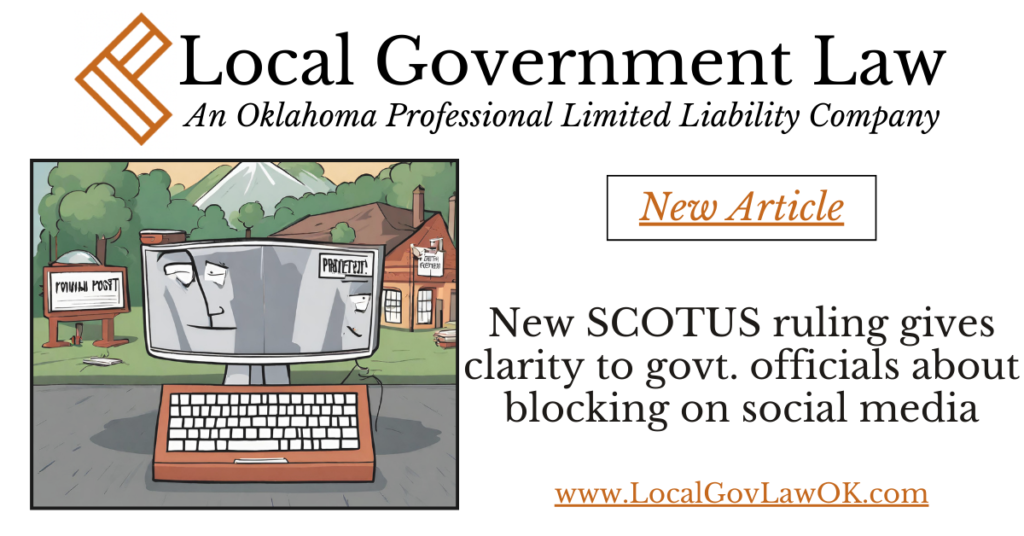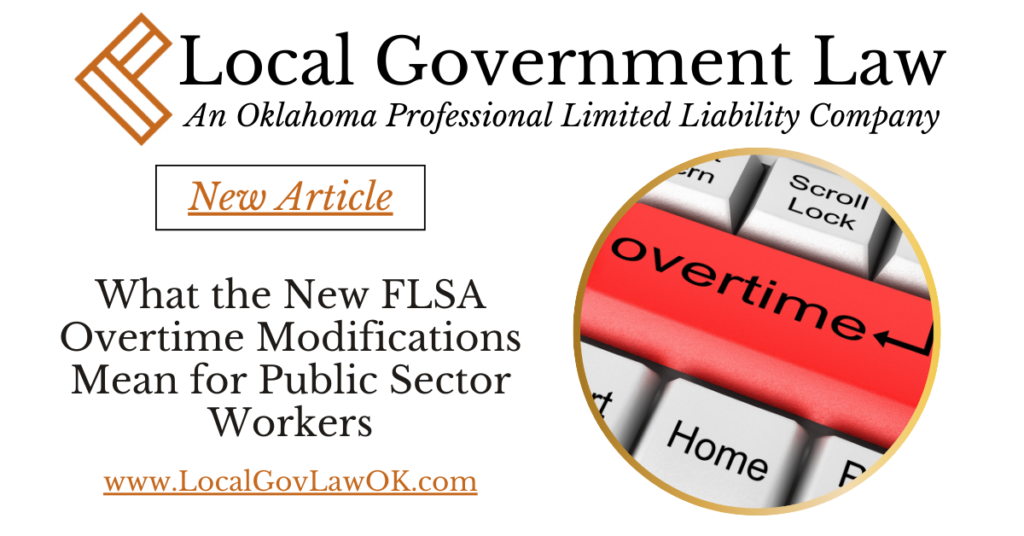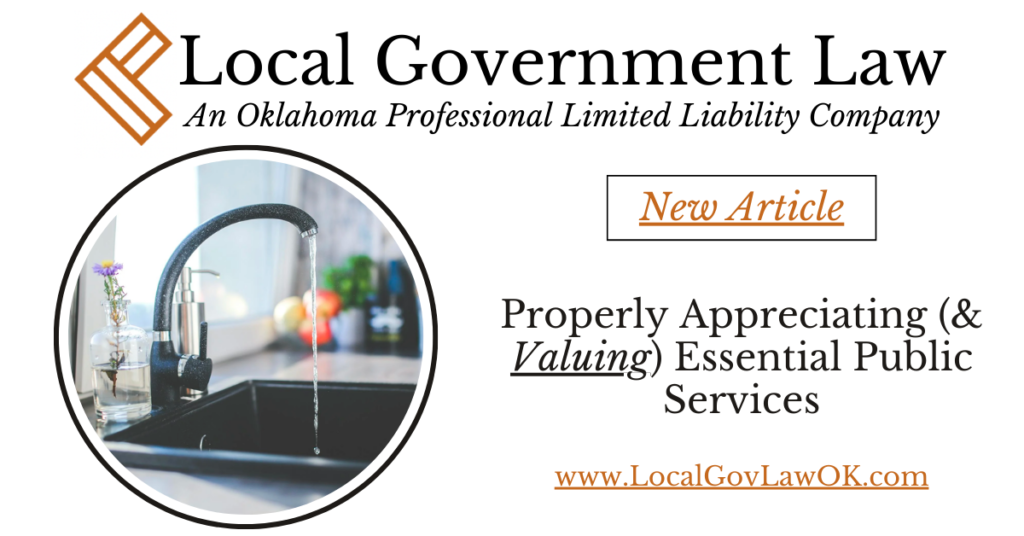Too Many Requests from Your Network
Please complete verification to access this content.
In recent legal developments, governing board members have faced scrutiny over their use of personal social media accounts in discussing public affairs. Courts have increasingly held that such accounts can become public forum and blocking individuals due to disagreement with their speech may infringe upon First Amendment rights. However, a recent U.S. Supreme Court ruling introduces a new criterion and provides clarity on the issue.
Justice Amy Coney Barrett in writing the opinion emphasized that the pivotal factor in the free speech analysis under section 1983 isn’t merely discussing public business on social media, but rather whether officials are acting in their official capacity on social media while doing so. If they’re not representing the government, their posts are not governmental posts subject to first amendment scrutiny. Accordingly, their personal accounts don’t constitute public forums if they are not representing the government and this concept allows public officials to manage their audience without violating First Amendment rights.
This decision arrives amidst a backdrop of increasing online harassment faced by public representatives, highlighting the challenges in adapting policies to the evolving digital landscape. This potentially offers more latitude to governing board members and officials seeking to moderate their social media presence.
It is important to note that simply posting on a personal social media page doesn’t prevent suits against a public official. The factors outlined by the Court are as follows:
“Held: A public official who prevents someone from commenting on the official’s social-media page engages in state action under §1983 only if the official both (1) possessed actual authority to speak on the State’s behalf on a particular matter, and (2) purported to exercise that authority when speaking in the relevant social-media posts.”
The full order can be obtained here –> https://www.supremecourt.gov/opinions/23pdf/22-611_ap6c.pdf
It is recommended to visit with your legal counsel and discuss social media policies for your local government.
Feel free to contact Local Government Law PLLC if you have any questions about these new rules and how they may impact you.




